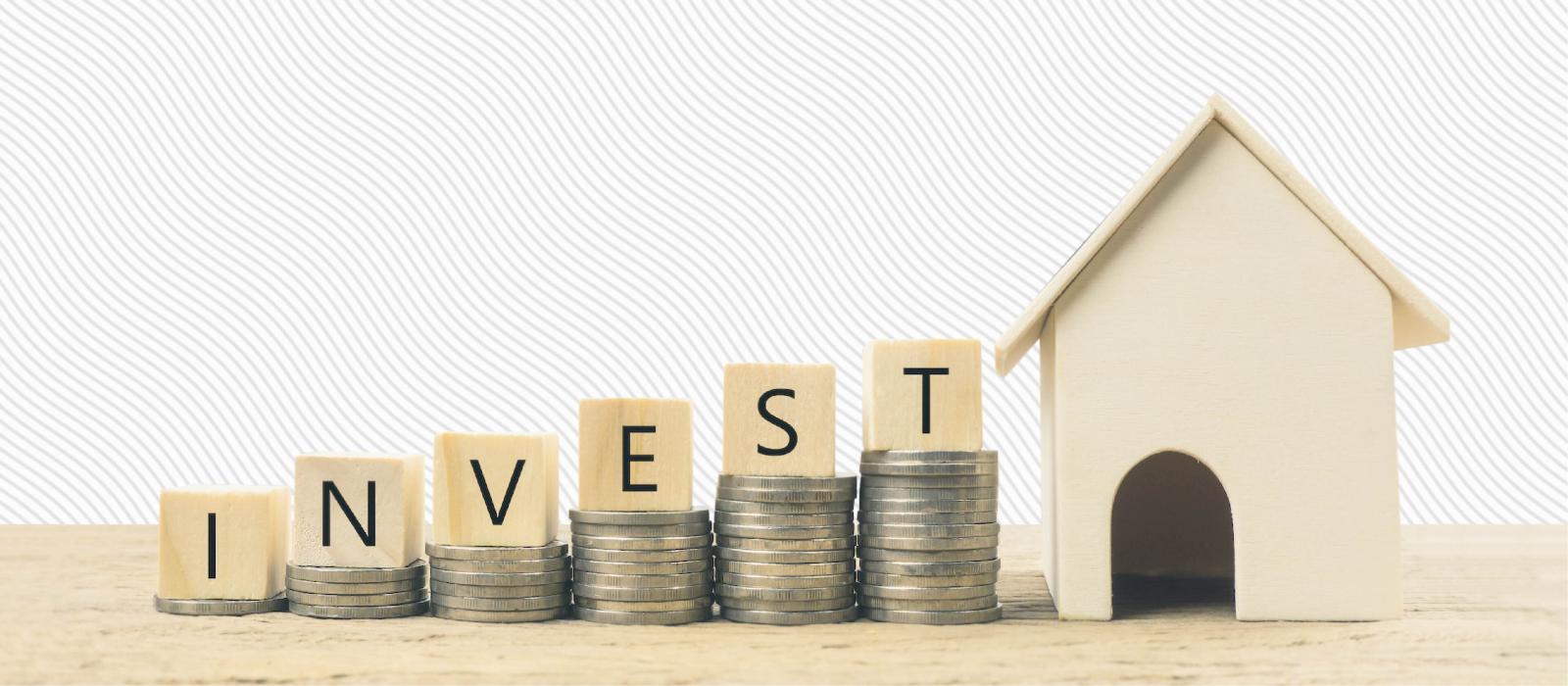Notifications

8 minutes, 51 seconds
-19 Views 0 Comments 0 Likes 0 Reviews

Real estate is often viewed as a playground for the wealthy. But what if you could get started in property investing without any money of your own? It may sound too good to be true, but countless investors have built thriving portfolios using little to no personal funds. The key lies in creativity, knowledge, and strategic partnerships.
This guide will walk you through effective ways to start investing in real estate with no money, even if you're just beginning your journey.
The first thing to understand is that real estate is one of the few investment areas where leverage is not only common—it's encouraged. Leverage simply means using other people’s money, time, or resources to generate income. When you master this mindset, you’ll see opportunities everywhere.
While it’s possible to invest with no money, a strong credit score can open more doors. Good credit allows you to qualify for better financing options, lower interest rates, and more attractive deals. If your credit isn’t where it should be, take steps to repair it. Pay off outstanding debts, reduce credit utilization, and dispute any inaccuracies on your report.
House hacking involves living in a property while renting out parts of it. You could buy a multi-family home, live in one unit, and rent out the others. The rent you collect covers the mortgage, letting you live for free—or even make a profit. If you don’t have the cash for a down payment, consider using an FHA loan, which requires as little as 3.5% down and can be gifted by a family member or covered by seller credits.
In seller financing, the property owner acts as the lender. You agree on a purchase price and monthly payments directly with the seller, bypassing traditional banks. This can be a game-changer if you have no money but find a motivated seller who just wants to offload their property.
Seller financing typically requires good negotiation skills, but the flexibility of the terms can work in your favor. This option is especially useful in a buyer’s market or for homes that aren’t in great shape and might not qualify for traditional loans.
One of the fastest ways to get into real estate without money is to find a partner. This can be someone who has the capital but lacks the time or knowledge to invest on their own. In this relationship, you offer the legwork—finding the deal, managing the property, and handling paperwork—while your partner provides the funds.
Clear agreements and contracts are critical in partnerships to avoid misunderstandings. Make sure to define profit splits, responsibilities, and exit strategies upfront.
BRRRR stands for Buy, Rehab, Rent, Refinance, Repeat. Here’s how it works: You buy a distressed property, renovate it, rent it out, then refinance it to pull out the equity you created. You then use that equity to fund your next deal.
To do this with no money, consider partnering with a private lender or using hard money loans for the initial purchase and rehab. After refinancing, you repay your lender and repeat the process. This strategy can scale quickly and requires no long-term use of your own money.
Wholesaling is another low-risk entry point. It involves finding a discounted property, getting it under contract, and assigning that contract to another buyer for a fee. You don’t need to buy the property—you’re simply acting as the middleman.
To be successful, you need strong networking skills and a keen eye for undervalued properties. The challenge lies in finding motivated sellers and building a list of cash buyers, but once you do, wholesaling can provide steady cash flow.
A lease option, or rent-to-own agreement, gives you the right to buy a property after leasing it for a certain period. You typically pay an option fee and a slightly higher rent, with a portion of the rent going toward the future purchase.
In some cases, you can negotiate a lease option with little to no upfront payment. This gives you control of a property, the ability to sublease or rent it out, and a shot at future ownership without needing to buy it outright today.
Private lenders are individuals who loan money based on your relationship and the deal itself rather than your credit history. These lenders can be friends, family, or people in your local business community looking for better returns than traditional banks offer.
To attract a private lender, prepare a simple but detailed proposal that outlines the deal, projected returns, timeline, and risk management plan. Trust and clarity are key here, as is showing how the investment is secured by the property itself.
Hard money loans come from private lending companies that focus on the value of the deal rather than your financial history. They’re especially useful for flipping homes or BRRRR deals. These loans typically cover up to 90% of the purchase and 100% of the rehab costs.
The downside is high interest rates and short repayment periods. Still, for the right deal, hard money can be the stepping stone that lets you invest without your own funds.
Investing in real estate with no money is absolutely possible, but it’s not without its challenges. It requires research, networking, negotiation skills, and a willingness to hustle. Start small, learn as you go, and focus on creating value—for sellers, tenants, and partners.
The real estate world rewards creative thinkers. With the right mindset and strategies, you can build wealth through property even if you’re starting from zero.
Tampines Street 94 Condo Site Plan
Tampines Street 94 Condo Price
How to Negotiate House Price Like a Pro
How to Analyze Real Estate Deals
Smart Real Estate Tips for Selling Your Home in a Slow Market
Tampines Street 94 Condo Location
Tampines Street 94 Condo Floor Plans
Tampines Street 94 Condo Location
Tampines Street 94 Condo Site Plan
Tampines Street 94 Condo Floor Plans

